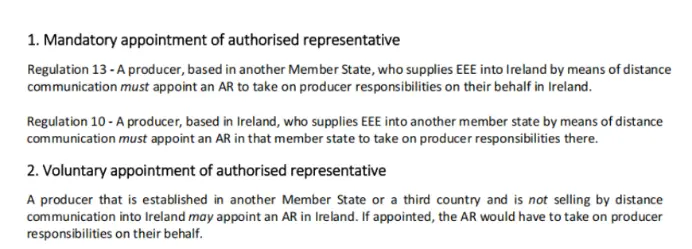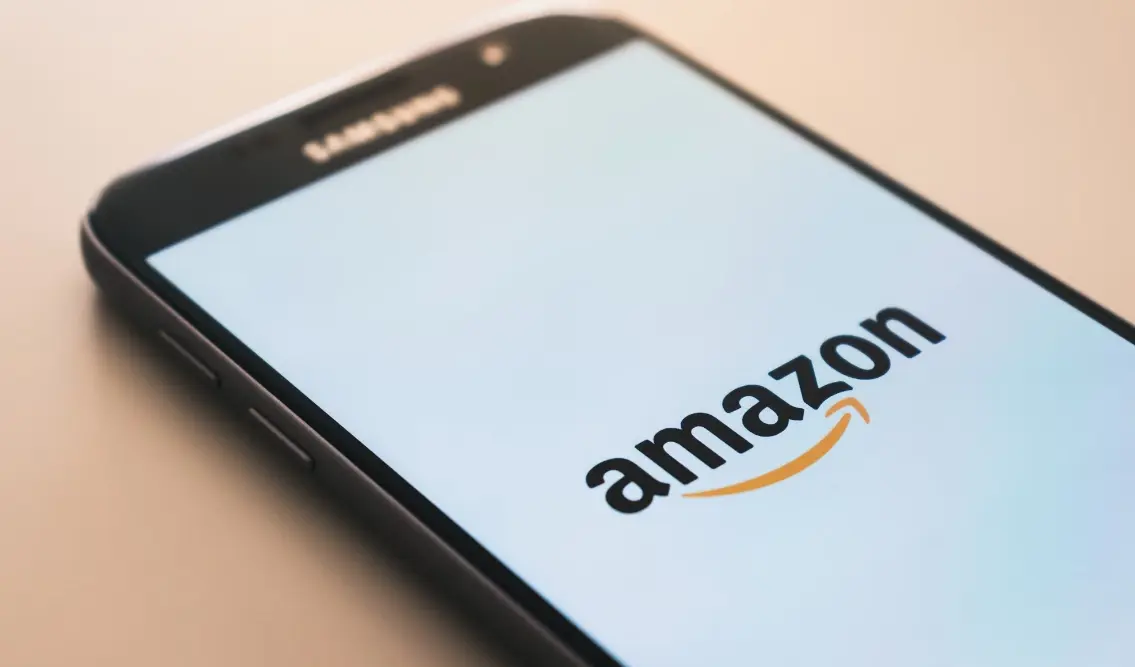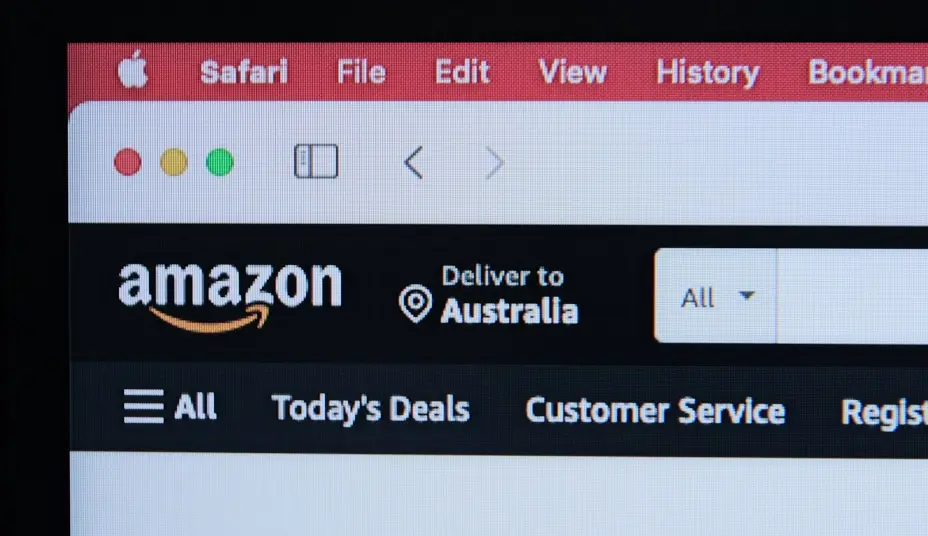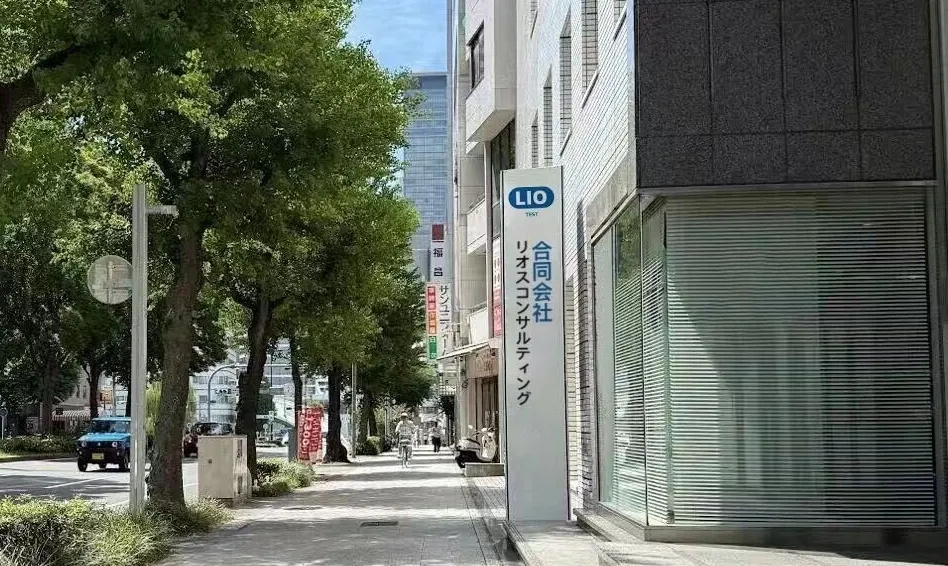
RoHS Certification: Ensure Eco-Friendly Electronics
Have you ever wondeRED how electronic product manufacturers ensure their products are eco-friendly and free of hazardous substances?
ROHS certification(Restriction of Hazardous Substances Directive) is an environmental certification established by the European Union (EU) to ensure that Electrical and Electronic Equipment (EEE) complies with strict environmental standards. Its main goals are to reduce electronic waste pollution, protect human health from harmfUL substances, and promote the use of safer materials in electronic products.
For more information, 360Compliancecan assist your company in navigating the complex RoHS certification process to ensure your products meet these essential standards.
What is RoHS Certification?
RoHS certification refers to the EU directive restricting the use of certain hazardous substances in Electrical and Electronic Equipment (EEE). The directive aims to:
1. Reduce electronic waste pollution
2. Protect human health by avoiding exposure to hazardous substances
3. Promote safer materials in electronic products
The RoHS directive, also known as Directive 2002/95/EC, was first enacted in 2002 and has undergone several updates. The latest version, RoHS 3 (Directive 2015/863), restricts the use of 10 specific substances, including:
1. Lead (Pb)
2. Mercury (Hg)
3. Cadmium (Cd)
4. Hexavalent chromium (Cr6+)
5. Polybrominated biphenyls (PBB)
6. Polybrominated diphenyl ethers (PBDEs)
7. Bis(2-ethylhexyl) phthalate (DEHP)
8. Dibutyl phthalate (DBP)
9. Benzyl butyl phthalate (BBP)
10. Diisobutyl phthalate (DIBP)
Why is RoHS Certification Needed?
For companies involved in environmental regulations and compliance, understanding and adhering to RoHS regulations is essential. The EU has established this strict standard to ensure all electronic manufacturers remain competitive in the international market.
Compliance with RoHS is not only a legal requirement but also helps to:
1. Gain access to the EU market
2. Protect corporate brand and reputation
3. Reduce environmental pollution
Which Products Does the RoHS Directive Cover?
RoHS mainly applies to Electrical and Electronic Equipment (EEE) across a broad range of product categories:
1. Large household appliances
2. Small household appliances
3. Information and communication technology equipment
4. Consumer electronics
5. Lighting equipment
6. Power tools
ROHS Testing Methods
rohs testing uses various methods depending on the purpose:
1. X-ray fluorescence (XRF) non-destructive analysis:Fast and convenient for initial screening.
2. Wet cheMICal analysis:Suitable for complex compounds and provides more precise results, often used to verify XRF findings.
3. XRF screening:Quick and effective for identifying hazardous substances, providing comprehensive data on finished products.
Steps to Achieve RoHS Compliance
If you plan to sell electrical products in the EU market, you must comply with RoHS directives by following these steps:
1. Understand your product’s environmental requirements.
2. Develop an action plan.
3. Organize appropriate testing.
4. Draft a Declaration of Conformity (DoC), which should include:
a. Product name, version, manufacturer details, and logo
b. Product images and description
c. Compliance requirements
d. Issue date
e. Responsible person's name and signature
5. Use the compliance mark.
Risks of RoHS Non-Compliance
Failing to properly address RoHS requirements can result in serious consequences, such as:
1. Loss of access to the EU market and financial losses
2. Damage to reputation if hazardous substances in products are publicly reported
3. Difficulty proving compliance due to insufficient supply chain transparency
4. Wasted employee time dealing with compliance issues, impacting daily operations
RoHS Certification FAQs
Which companies are affected by RoHS?
All manufacturers and distributors operating in the EU who deal with electronic products must comply with RoHS regulations.
Is RoHS mandatory across Europe?
Yes, all Electrical and Electronic Equipment (EEE) must pass RoHS testing to be sold in any EU country. Note that enforcement details vary among member states.
Are there exemptions under RoHS?
Certain categories and applications—such as military, scientific, industrial, medical devices, and renewable energy equipment—have exemptions. Spare parts for equipment marketed before July 1, 2006, are also exempt.
Does RoHS apply to non-electronic products?
Not directly, but related substances are also regulated under the EU’s Registration, Evaluation, Authorization and Restriction of Chemicals (REACH) regulation, so there is some overlap.
Why Choose China JJR Laboratory for RoHS Certification?
The China JJR Laboratory team offers professional RoHS certification consulting and project management services for companies intending to enter the EU market. Certification is valid for five years, and re-certification is required if product design or materials change.
China LIJIE provides RoHS certification testing and, compared to other labs, can help companies save up to 40% on compliance costs.
Email:hello@jjrlab.com
Write your message here and send it to us
 Irish Battery Act Requires an Authorised Represent
Irish Battery Act Requires an Authorised Represent
 Swedish Battery Act Requires an Authorised Represe
Swedish Battery Act Requires an Authorised Represe
 Amazon TIC Provider
Amazon TIC Provider
 Amazon Battery and Charger Requirements
Amazon Battery and Charger Requirements
 Amazon Japan METI A Domestic Administrator Service
Amazon Japan METI A Domestic Administrator Service
 What is "Amazon Japan PSE: A Domestic Adminis
What is "Amazon Japan PSE: A Domestic Adminis
 What Does "ASTM F963-17 Certified" Mean?
What Does "ASTM F963-17 Certified" Mean?
 ASTM F963 Board Games Compliance Testing
ASTM F963 Board Games Compliance Testing
Leave us a message
24-hour online customer service at any time to respond, so that you worry!




